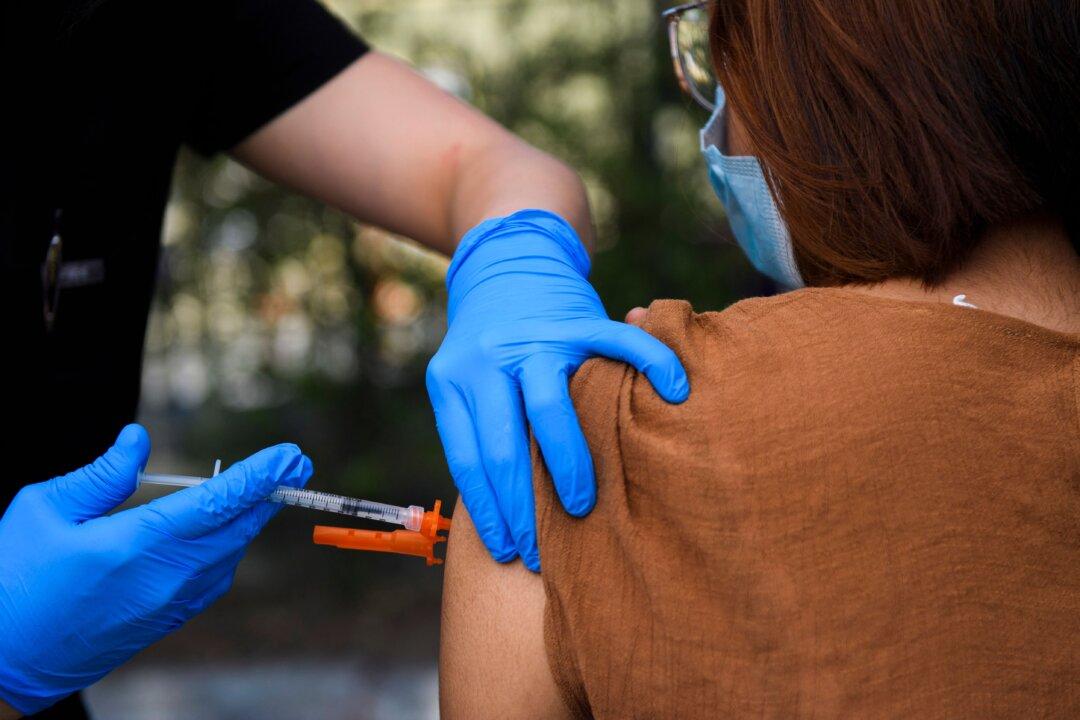The U.S. Centers for Disease Control and Prevention (CDC) says it’s investigating reports of heart inflammation in teenagers and young adults who have received a vaccine against the CCP (Chinese Communist Party) virus.
Noting that there have been “relatively few” reports of “mild” cases of myocarditis, the agency said that its COVID-19 Vaccine Safety Technical Work Group should investigate and communicate the findings to vaccine recipients.





